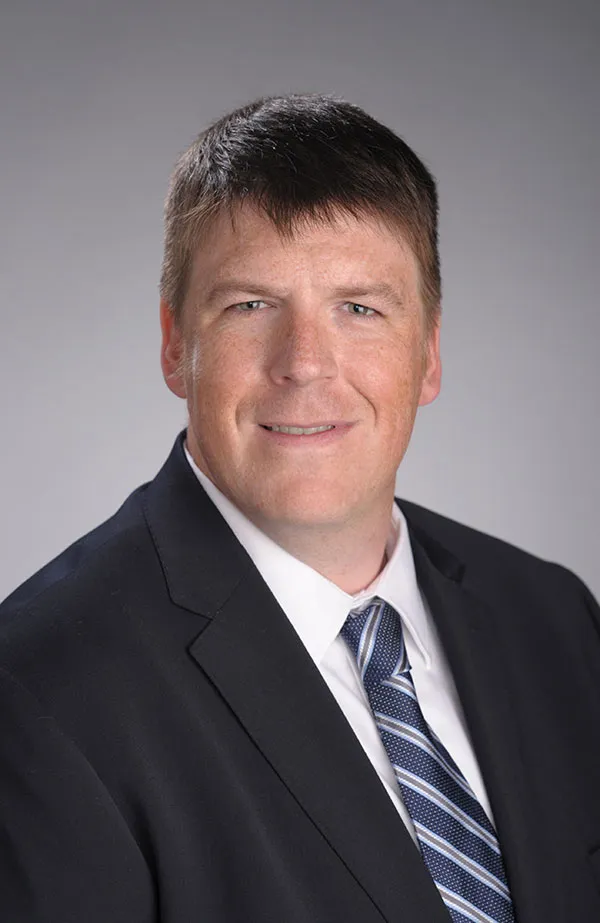
Justin Ehrlich
Using a new metric called “world golf ability,” a David B. Falk College of Sport research team has determined that Team Europe’s methods of selecting and preparing its Ryder Cup team gives it a significant advantage over Team USA.
Played every two years, the Ryder Cup features 24 of the best players from Europe and the United States in match play competition. The Ryder Cup will be played this year from Sept. 26-28 at Bethpage Black in Farmingdale, N.Y.
Team USA holds a 27-15 lead in the tournament’s history, but Team Europe has won 10 of the last 14 matches.
To assess each team’s ability, the Falk College research team from Syracuse University developed the “world golf ability” metric derived from the Official World Golf Ranking (OWGR) to reflect that the Ryder Cup is primarily a team event where players at the extremes of the rankings have a limited impact on overall performance. Using this approach, the researchers determined that – all else being equal – Europe has about a 3-point advantage overall, and home-course advantage is worth about 2 points. So, Europe still holds an edge, even at Bethpage Black.
The research was presented in June at the 11th International Conference on Mathematics in Sport in Luxembourg and more information can be found in the conference proceedings.
“These results highlight the importance of team cohesion, preparation, and strategy – factors that appear to give Europe a sustained edge even after accounting for player ability and location,” says Sport Analytics Associate Professor Justin Ehrlich, who led the research team. “No consistent pattern of individual over or underperformance relative to OWGR rankings was found, reinforcing that outcomes are shaped more by collective factors than by isolated player differences.”
Both Team Europe and Team USA have six automatic qualifiers based on the Ryder Cup Points rankings and six captain’s picks. Europe’s regular season ended with the British Masters and captain Luke Donald will make his selections around Sept. 1. Team Europe will be headlined by world No. 2 Rory McIlroy, who completed his career grand slam by winning the Masters in April.
Led by world No. 1 Scottie Scheffler, the American qualifiers were locked in Aug. 17 following the BMW Championship, and captain Keegan Bradley made his captain’s picks Aug. 27 following the PGA Tour playoffs.
In addition to Ehrlich, the research team included three Syracuse University students: Hunter Geise, Collin Kneiss, and Charlotte Howland. The team set out to address three questions about the Ryder Cup: (1) whether teams exhibit a fixed-effect advantage where the whole outperforms the sum of individual parts; (2) whether players consistently over or underperform relative to OWGR rankings; and (3) whether home-field advantage plays a significant role.
Ehrlich says future research could explore the mechanisms behind Europe’s team-level advantage and further examine the sources of home-field benefit in international golf competition.
“Team Europe figured out how to create cohesive team dynamics starting with Tony Jacklin in 1983, and ever since Team USA has been searching for the right formula to reclaim their former glory,” Ehrlich said. “There’s a lot of hope that Keegan Bradley can turn things around, as instead of being a great player from a previous generation like many other past captains, he is one of the top current players on the PGA Tour. This year’s Ryder Cup at Bethpage Black should be a close match, with great players and strong leadership on both teams.”
